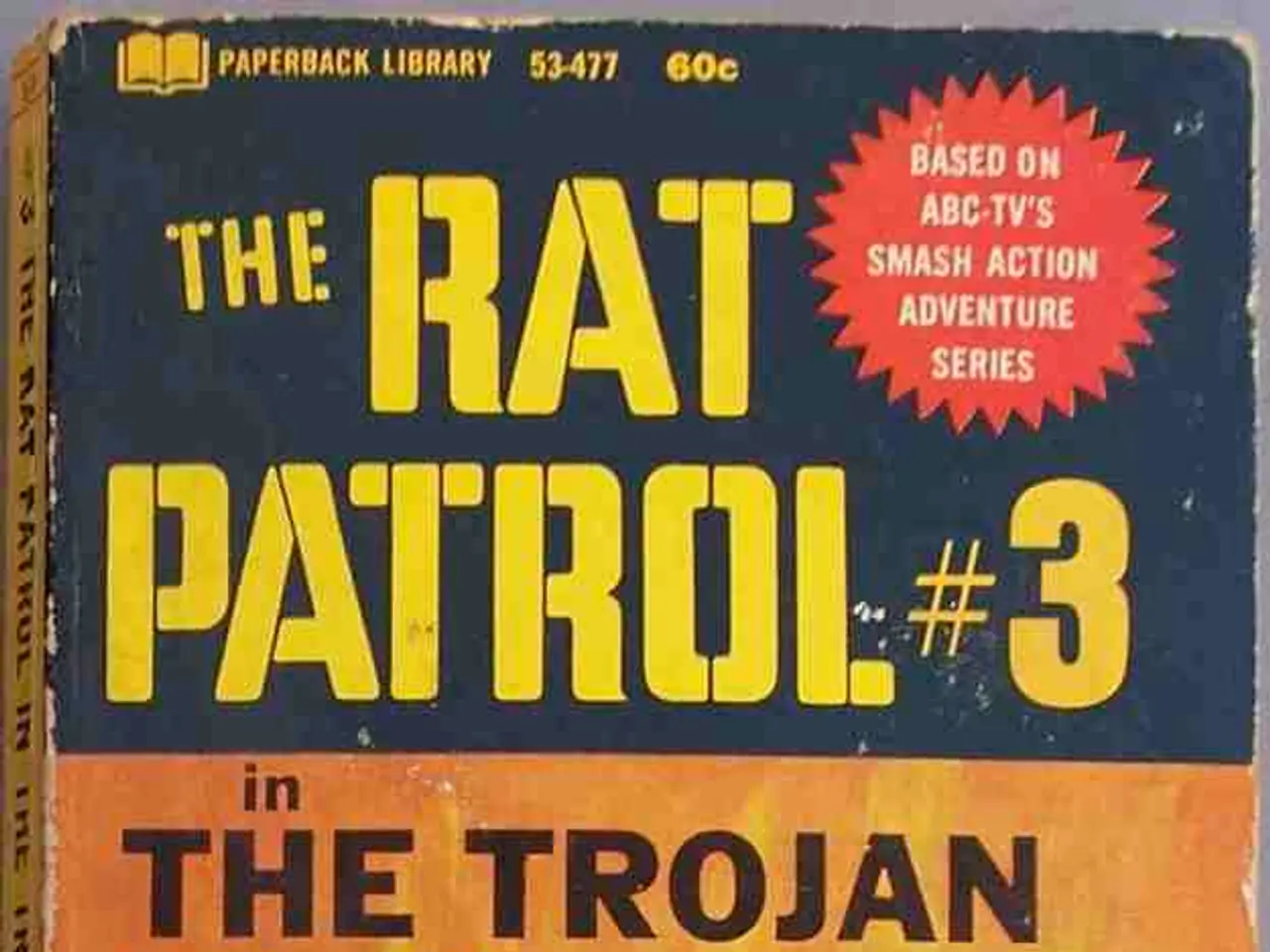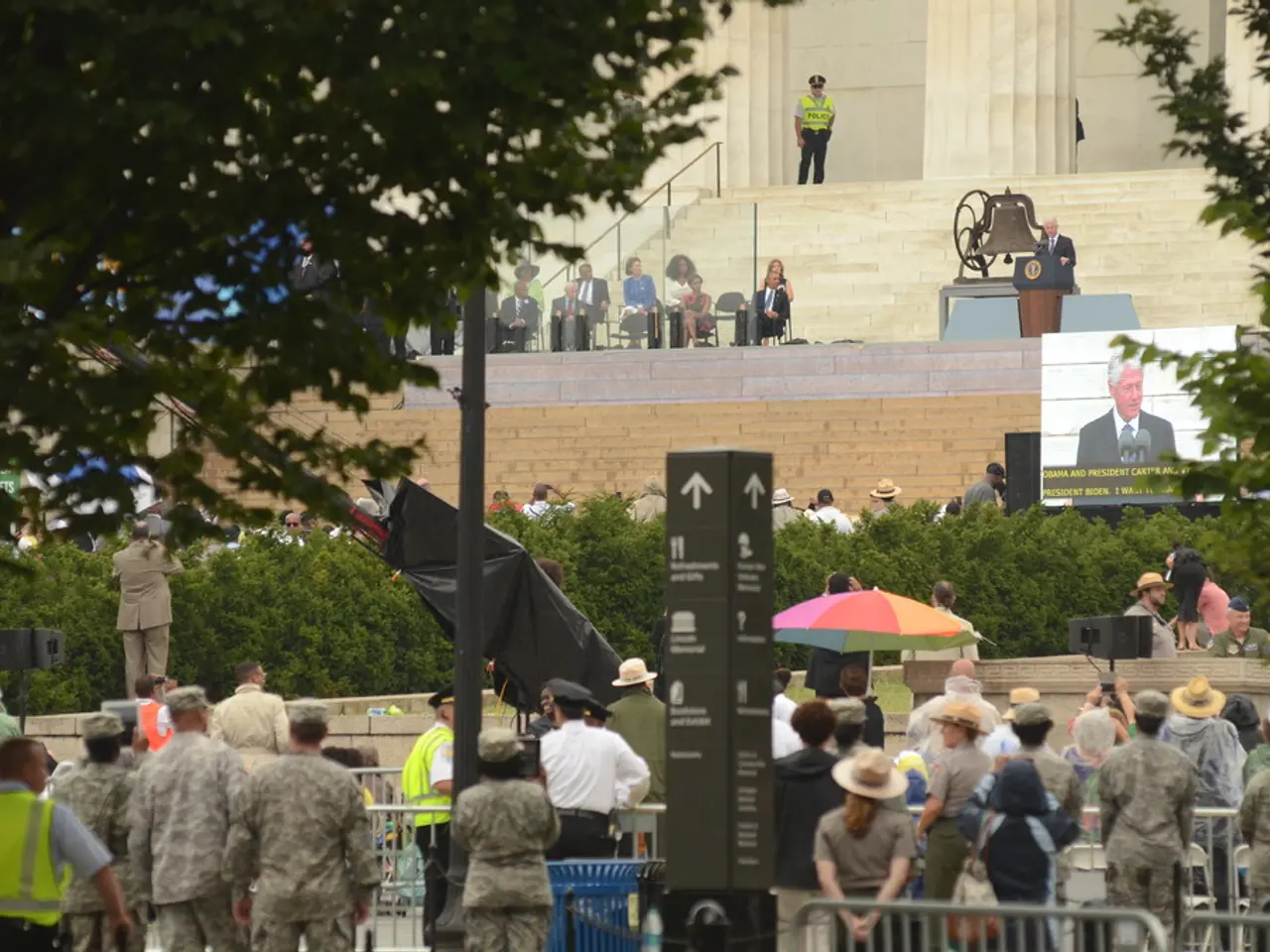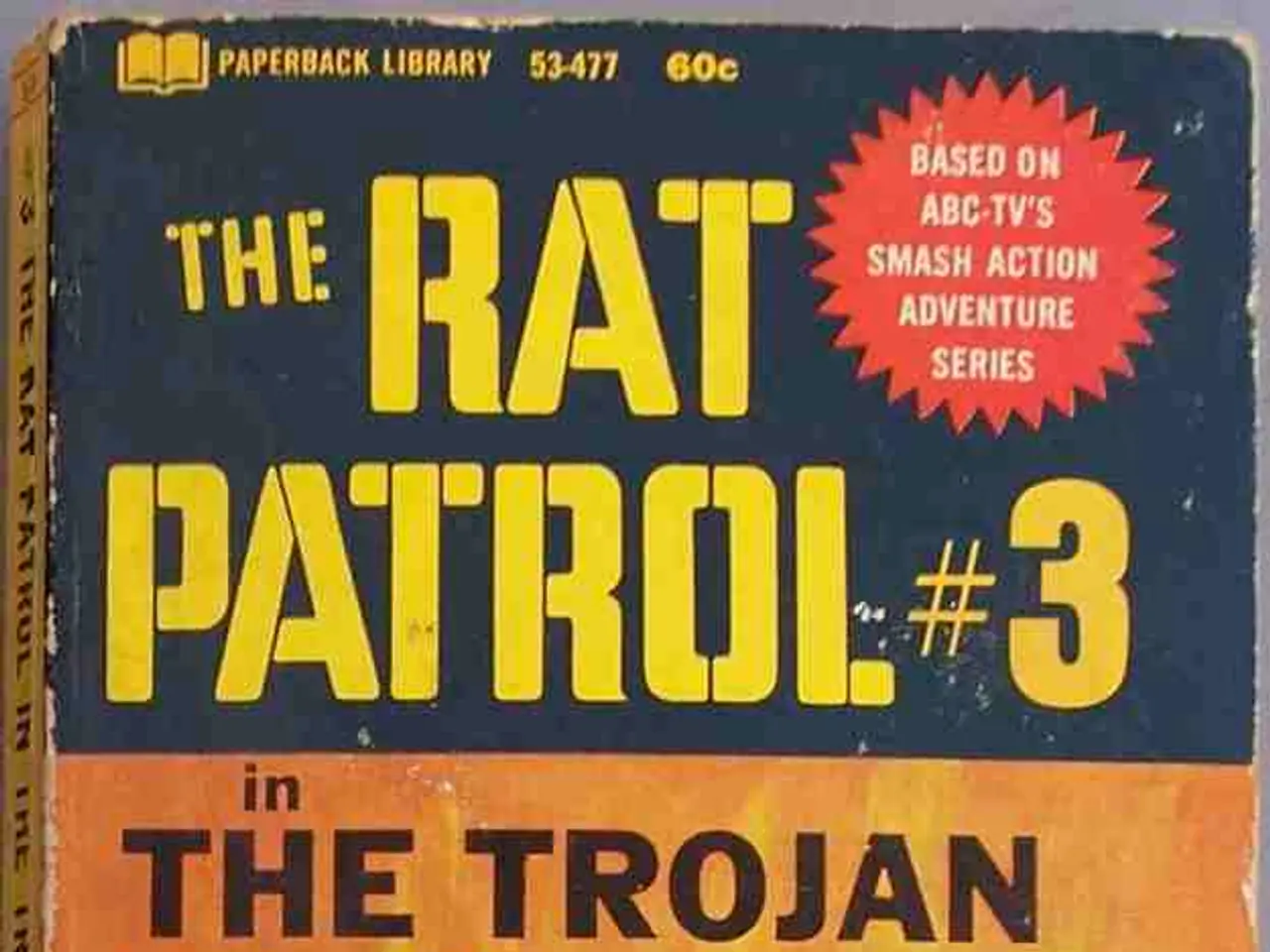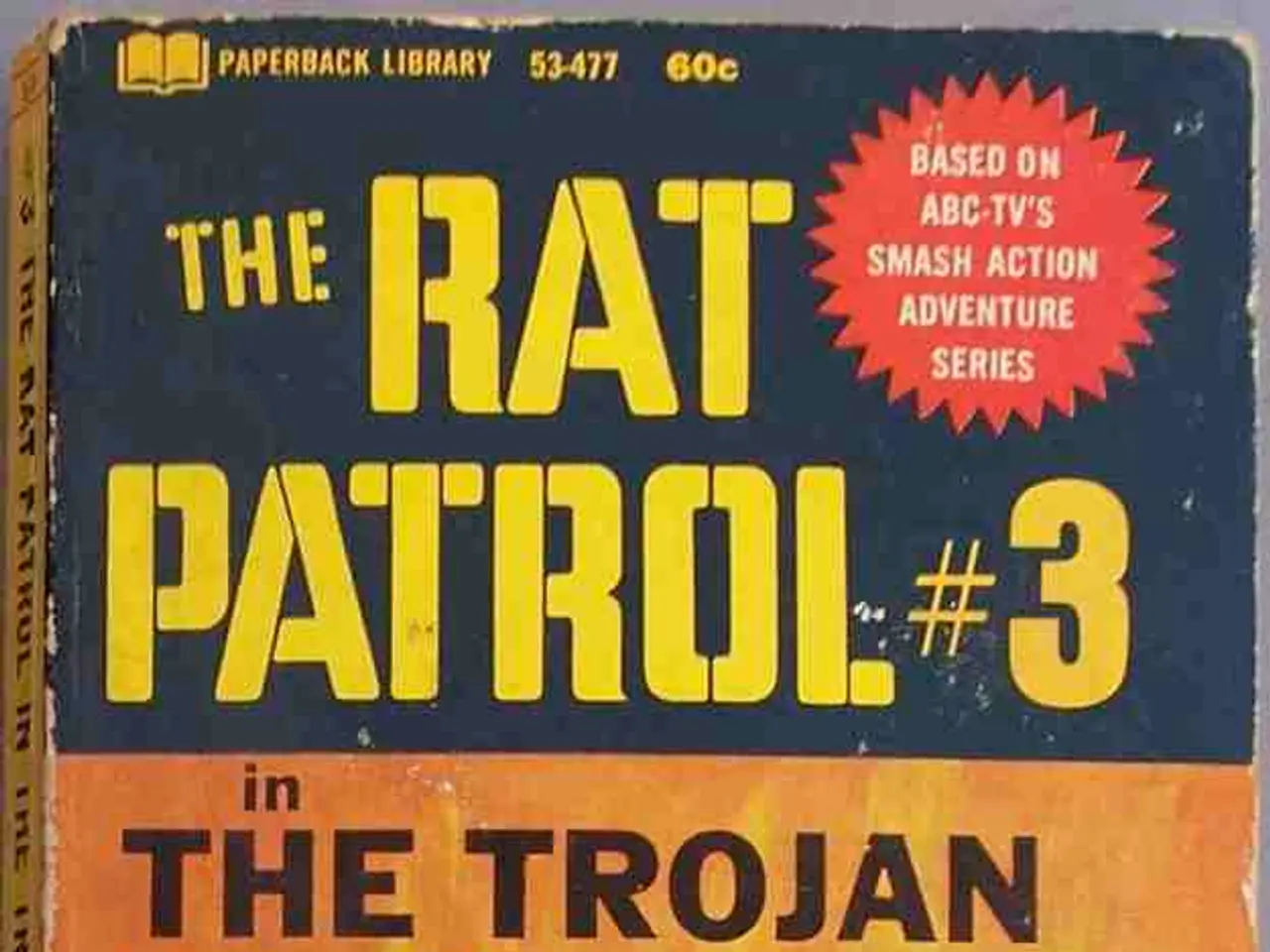Teacher dismissed for advocating for Lucy Connolly's cause
================================================================================================================
In a controversial move, Simon Pearson, a teacher at Preston College, was sacked for questioning Britain's two-tier justice system on Facebook. His case, along with several other examples, has sparked public concern and allegations of a two-tier justice system in the UK.
Pearson raised the cases of the Manchester Airport brawl, the 'pro-Palestine' hate marches in London, and former Labour councillor Ricky Jones as examples of lighter treatment from the authorities compared to Connolly's case. Lucy Connolly, a childminder and wife of a Conservative councillor, was sentenced to 31 months in prison for a racist and inflammatory tweet.
An investigation by Preston College upheld a complaint against Pearson, finding that his views had the potential to bring the college into disrepute. However, Pearson's views, which included supporting free speech and the fair application of the law, are considered foundational to a functioning liberal democracy.
The complaint against Pearson was made by a Muslim representative of the National Education Union (NEU). The NEU is alleged to have actively pleaded with bosses to have a teacher lose his livelihood for speaking out of turn.
This is not an isolated incident. In another example, a criminal investigation was dropped against the Belfast band Kneecap despite one member urging a crowd to riot. Shadow home secretary Chris Philp described this as an instance of "two-tier justice" because another individual, Lucy Connolly, was convicted and jailed for a similar comment.
The UK criminal justice system is under strain, with a backlog of over 77,000 Crown Court cases pushing trials years into the future. This has led to inefficiencies that can undermine fairness and public confidence. The 2025 Independent Review of the Criminal Courts by Sir Brian Leveson described the system as being at risk of collapse, with consequences including disengaged witnesses and delayed justice, which can disproportionately affect outcomes for different groups.
The Crown Prosecution Service formally bases prosecution decisions on sufficiency of evidence and public interest assessments, aiming for consistent application of standards. However, public criticism, such as in the Kneecap example, suggests perceptions that decisions on whether to prosecute, dismiss, or pursue out-of-court resolutions might at times appear inconsistent or unevenly applied.
While there is no definitive legal or governmental acknowledgment of a two-tier justice system, specific cases and political commentary reflect concerns about unequal treatment or inconsistent enforcement within the UK justice system. These concerns coexist with systemic strain and efforts at reform, but evidence remains largely anecdotal and debated rather than conclusively demonstrative of a formal two-tier structure.
This article is published on our website, where 70% of our revenue comes from readers' donations. Only supporters and patrons who donate regularly can comment on articles. Other articles on our website discuss topics like Brendan O'Neill's article "Meet the Zyklon B heiress who is sailing to Gaza", Luke Gittos's article "Criminals who cross-dress can now avoid deportation", Jenny Holland's article "Get thee to a nunnery, Bonnie Blue", Iain Macwhirter's article "Kate Forbes's resignation speaks to an SNP in disarray", Hugo Timms's article "Kneecap's nauseating free-speech hypocrisy", James Woudhuysen's article "The shock, awe and terror of Hiroshima", and Tom Slater's article "The Nuneaton child rape cover-up".
[1] Philp, C. (2021). Two-tier justice: the double standards of the Crown Prosecution Service. Retrieved from https://www.conservatives.com/articles/two-tier-justice-the-double-standards-of-the-crown-prosecution-service
[3] Leveson, B. (2021). The Independent Review of the Criminal Courts. Retrieved from https://www.gov.uk/government/publications/independent-review-of-the-criminal-courts/the-independent-review-of-the-criminal-courts-final-report
- The sacking of Simon Pearson from Preston College, a case rooted in free speech and politics, has sparked public debate about a potential two-tier justice system in the UK.
- Despite the UK's criminal justice system grappling with strain and allegations of inconsistent enforcement, the existence of a formal two-tier justice system remains debated, with specific examples such as Pearson's case and the Kneecap incident raising concerns.
- Culture, politics, and general-news outlets have covered the issue of two-tier justice, with articles like Chris Philp's discussion on the double standards of the Crown Prosecution Service, Sir Brian Leveson's review of the Criminal Courts, and Hugo Timms's critique of Kneecap's free speech hypocrisy, all contributing to the ongoing public discourse.






